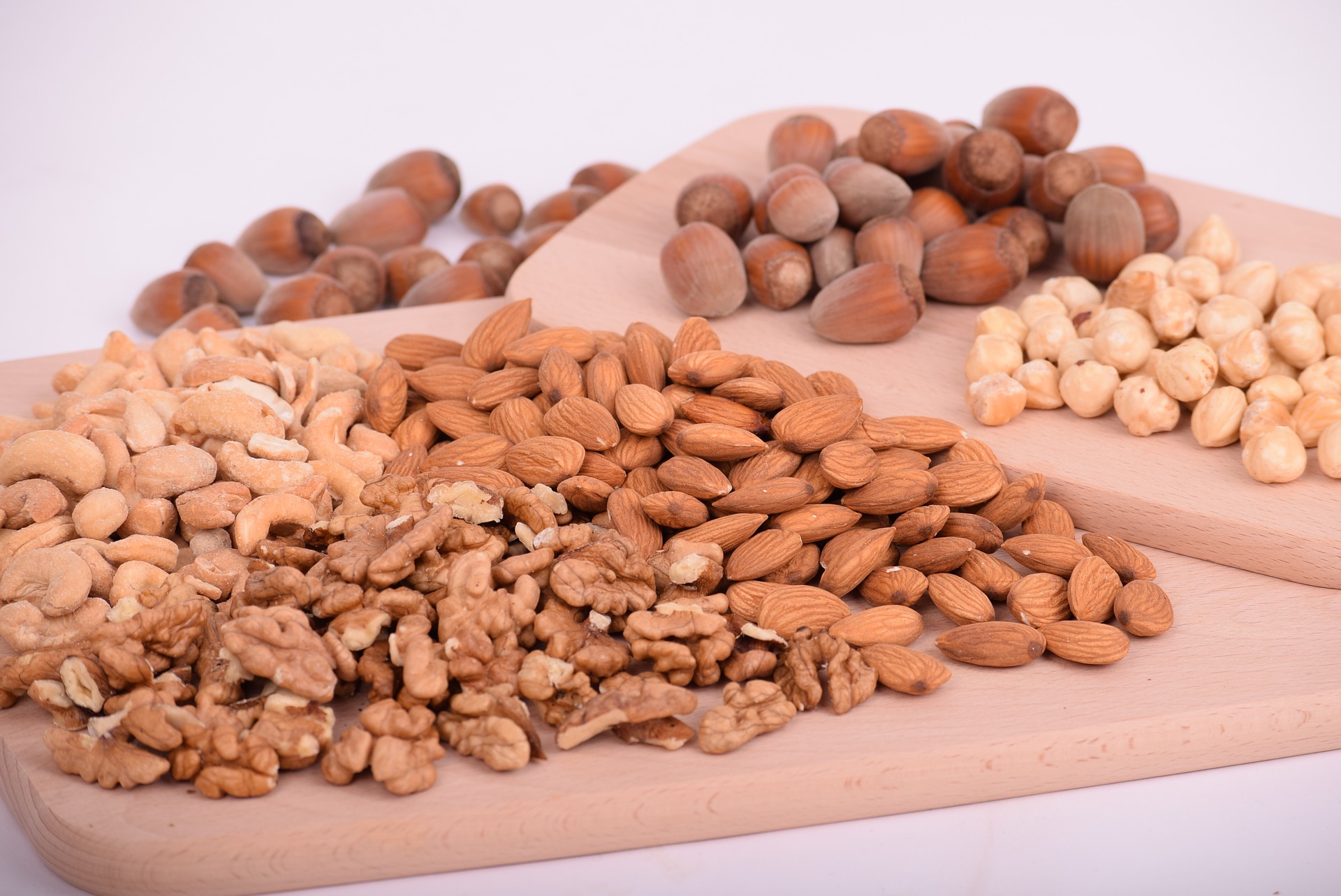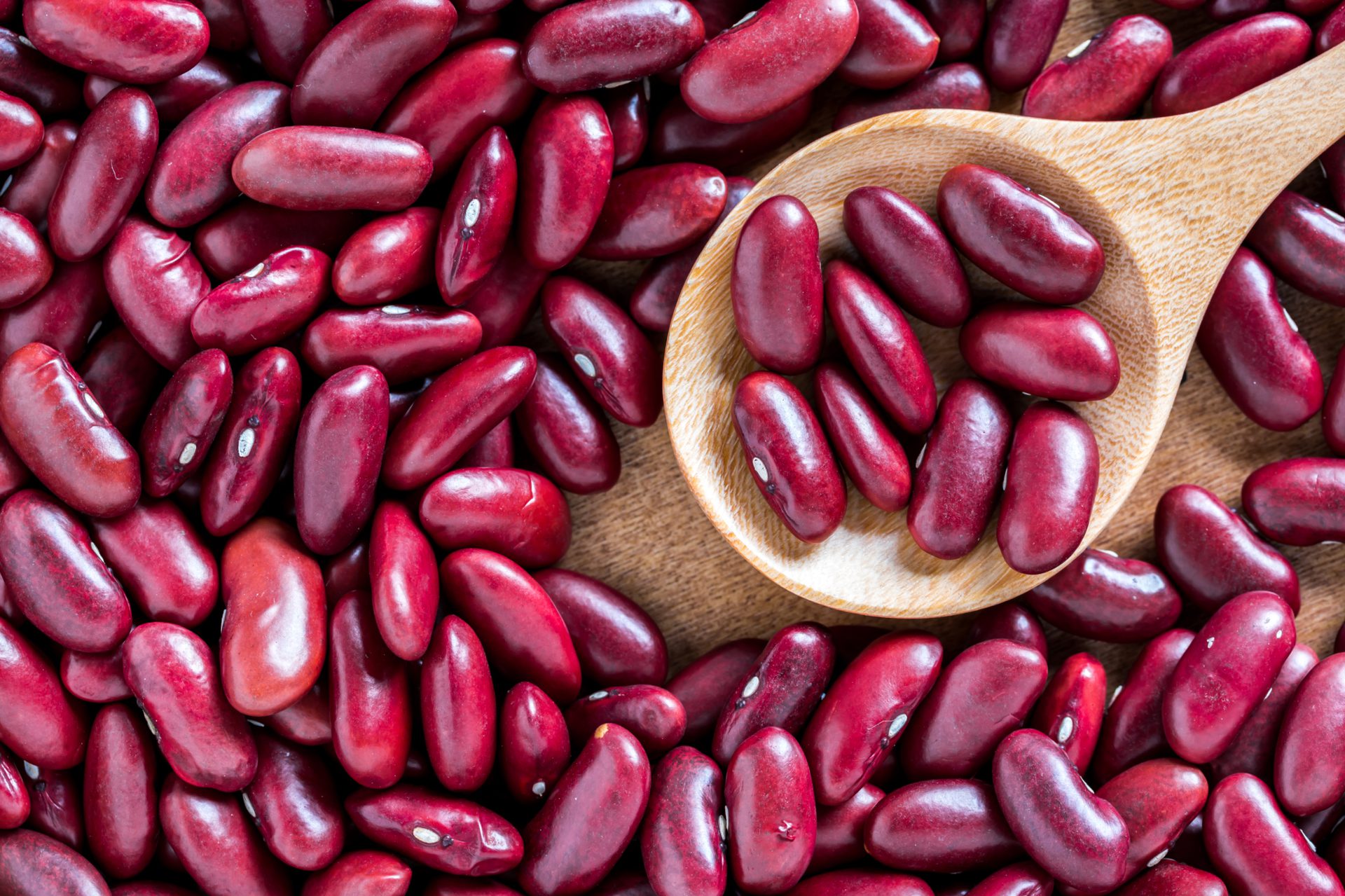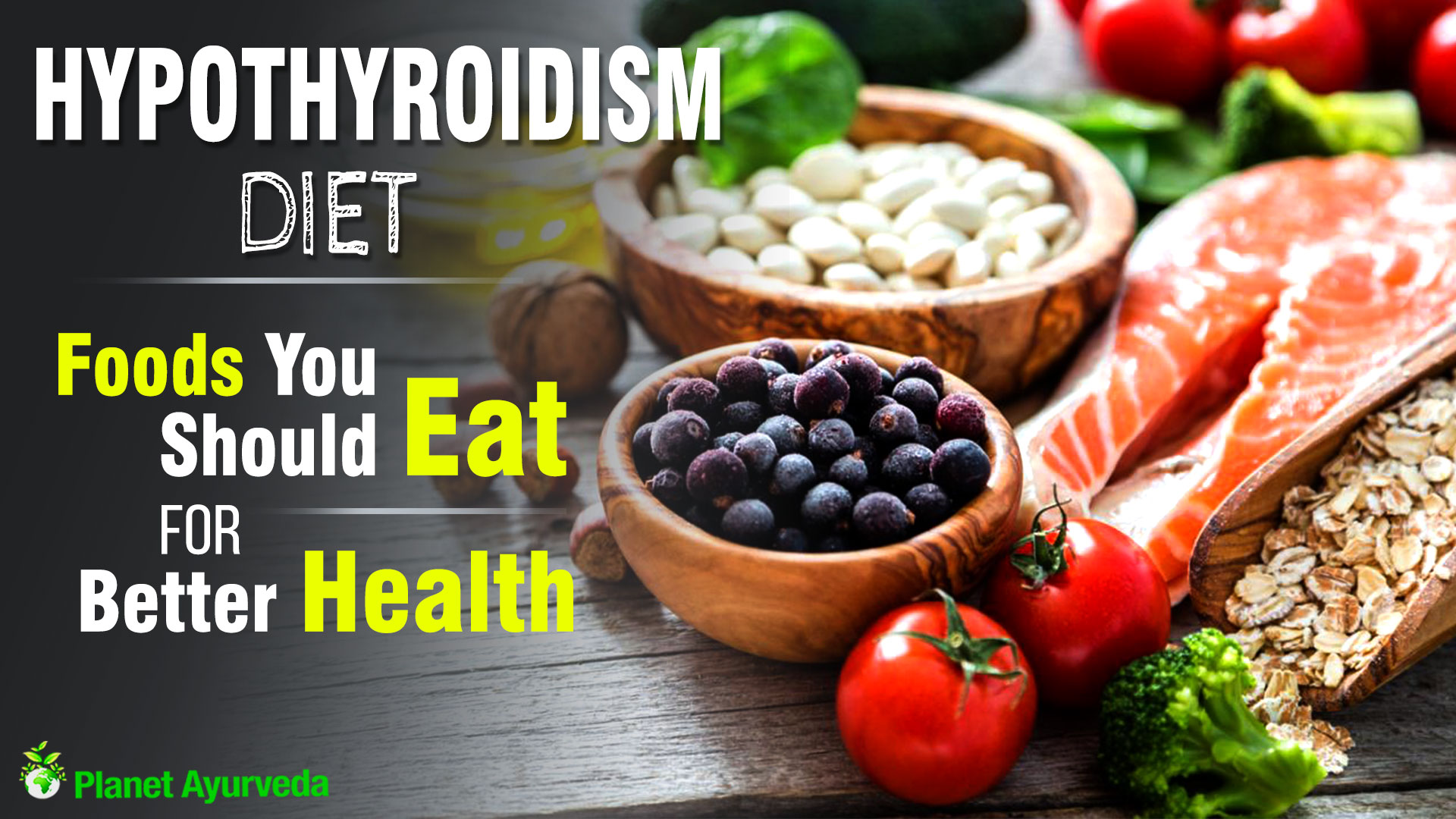Hypothyroidism Diet: 7 Foods You Should Eat For Better Health
What is Hypothyroidism?
When the Thyroid gland does not produce enough thyroid hormone the condition is called as Hypothyroidism. .It is also a very treatable thyroid disorder.
- There are many glands in the human body but the thyroid gland is very small, butterfly shaped organ present at the base of the neck that makes hormones which regulate the metabolism. People with Hypothyroidism experience a slower metabolic rate which results in weight gain that is usually due to the accumulation of salt and water in the body.
What are the Causes of Hypothyroidism?
- Hashimoto Thyroiditis: Inflammation of thyroid.
- Radiation Therapy to the neck area
- Radioactive Iodine Treatment
- Use of certain medications such as Amiodarone, interferon, alpha and interleukin-2.
- Thyroid surgery is also a cause.
- Too little iodine consumption in diet
- Pregnancy
What are the Symptoms of Hypothyroidism?
The symptoms are often develop slowly over the years and patient could always taken it as natural changes with aging. Women above the age of 60 and men with aging are more prone.
- Weight gain
- Fatigue
- Thinning of hair
- Heavy menstural periods in women
- Fatigue
- Senstivity to cold temperatures
- Dry Skin
- Constipation
- High Cholesterol Levels
- Weakness of muscles
- Difficulty in concentration
- Muscle weakness
- Muscle cramps
In children
- Poor Growth
- Delayed Puberty
- Delayed mental development
- Increased menstrual flow in girls
What are the Complications of Hypothyroidism?
- Infertility
- Joint Pain
- Obesity
- Heart Problems
- Low body temperature
Food that should be eaten in Hypothyroidism for Better Health:
Thyroid produces the hormone that regulates metabolism, heart rate, body temperature. Along with the intake of thyroid medication the patient have to take boost up the thyroid function through the healthy food and healthy diet that includes mainly iodine and protein rich fibre diet.
1. Yogurt

Milk products have iodine supplements and the milking process have iodine based cleaners. Greek Yogurt, Plain yogurt is a good source-About 50% of daily intake of iodine is completed.
2. Seaweed

Proper iodine is needed for the thyroid gland to work for producing enough TH for the body need. If you are taking low sodium diet you need to increase your intake through diet. Since seaweed is especially high in iodine so you should not eat it every day of the week because this too much iodine is harmful for the thyroid as the too little is harmful by worsening the hypothyroidism.
For getting big benefits of seaweed the patient has to stick to one fresh seaweed salad per week and steering clear of seaweed teas and supplements.
3. Fish

Fish is a rich source of selenium that is most concentrated in thyroid and also decreases inflammation. Fatty Fish contains Omega 3 fatty acids that are Salmon, Tuna, and trout. The unmanaged hypothyroidism increases the risk of heart disease that results in higher levels of low density lipo-protein (LDL).These omega-3s helps in decreasing inflammation, increases the immunity and lowers the risk of heart disease.
4. Nuts

Another source of selenium are nuts. Brazil nuts, macadamia nuts these are rich source of selenium that helps the thyroid to function properly. Nuts are also rich in high content of fats.
5. Whole Grains

Bread, cereal, rice are rich in nutrients in addition to fibres which results in proper bowel regularity because constipation is the most common symptom of hypothyroidism. The recommendation is only to take medication several hours before or after the meals.
6. Beans

Beans the rich source for sustained great energy in hypothyroidism. Beans contains antioxidants, complex carbohydrates, proteins and lots of vitamins and minerals. These are also rich in fibres that reduce the symptoms of constipation in hypothyroidism
7. Fruits and Vegetables

The most common symptom of hypothyroidism is weight gain. Low calorie diet, high density foods are helpful in gaining weight. Vegetables such as Broccoli and cabbage helps in reducing the risk of thyroid by absorbing thyroid that helps the thyroid to work properly.
Fruits such as Sweet potatoes, cherries, Blueberries and green peppers are rich in antioxidant property that helps in lowering the risk of heart disease
- Sweet potatoes are rich in vitamin A vitamin C, Vitamin B1 and B2 and are good source of fiber diet and potassium.
- Cherries: It contains 3 grams of fibre, that helps in digestion, lowers cholesterol, controls blood sugar. It is also rich in Vitamin A, calcium, protein and iron also help with weight loss.
- Blueberries: They are rich source of carbohydrates and also contains many important nutrients. It is low in calories but rich in fiber, and rich in vitamin C and vitamin K.
- Green Peppers: They are low in calories, but are loaded with good nutrients. They are rich in vitamin A and Vitamin C, Potassium Folic acid and fiber.





